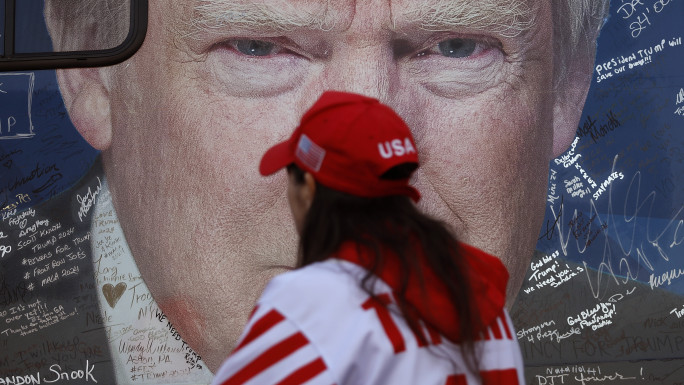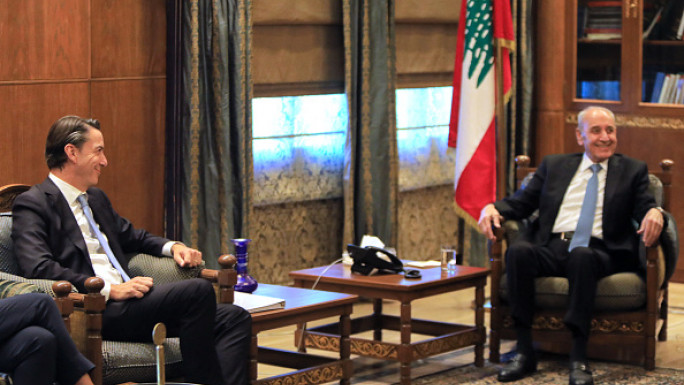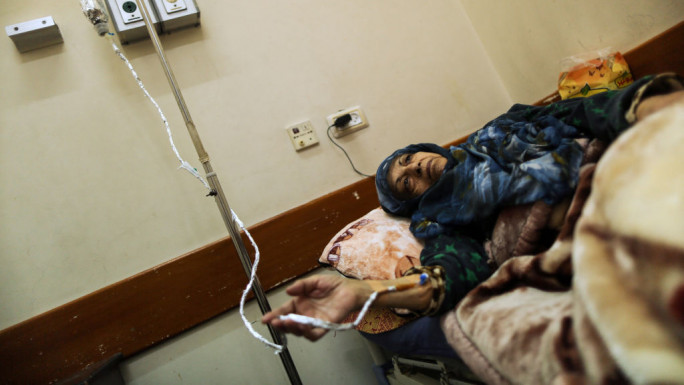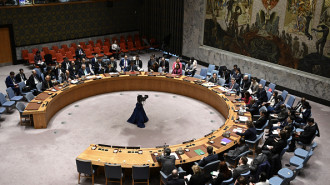Saudi Arabia's King Salman reshuffles cabinet with eye on culture
Saudi Arabia announced another cabinet reshuffle on Saturday with a heavy focus on culture and religion, as the kingdom undergoes a major image rehaul.
State news agency SPA announced King Salman had replaced the country's labour, Islamic affairs and culture ministers.
Private sector businessman Ahmed bin Suleiman al-Rajhi was named minister of labour and social development, succeeding Ali bin Nasser al-Ghafis, according to royal orders published by state media.
Abdullatif bin Abdulaziz bin Abdulrahman al-Sheikh was named as minister of Islamic affairs, call and guidance. He had previously headed the kingdom's religious police whose influence has been seriously curbed in recent years.
The kingdom also announced it had set up a royal commission for the holy city of Mecca, which is expected to welcome millions of Muslim pilgrims for the annual Hajj in August, to be chaired by Prince Mohammed bin Salman.
This is the second significant government change since the appointment of Mohammed bin Salman, son of the king, as heir to the region's most powerful throne.
Prince Mohammed serves as deputy prime minister under his father, King Salman.
The powerful Prince Mohammed has consolidated his grip on power since sidelining his cousin as crown prince last June.
He has since spearheaded a string of policy changes in ultra-conservative Saudi Arabia, including reinstating cinemas and allowing women to drive.
He was also seen as the driving force behind the detention of 200 royals and businessmen at the Ritz Carlton in November in what the government said was a crackdown on corruption.
Most have since been released, after reaching settlements with the state.
Human Rights Watch likened the mass arrests to "extortion" and said the alleged mistreatment was a "serious blow to Mohammad bin Salman's claims to be a modernising reformist".





 Follow the Middle East's top stories in English at The New Arab on Google News
Follow the Middle East's top stories in English at The New Arab on Google News

![John Thune [Getty]](/sites/default/files/styles/image_330x185/public/2066760536.jpeg?h=a5f2f23a&itok=DQxzSizV)
![A picture shows the occupied West Bank village of al-Eizariya behind Israel's Apartheid wall on the outskirts of East Jerusalem [Getty Images]](/sites/default/files/styles/image_330x185/public/2022-11/GettyImages-1200150515.jpg?h=eec5a94e&itok=Q0NIO_eW)